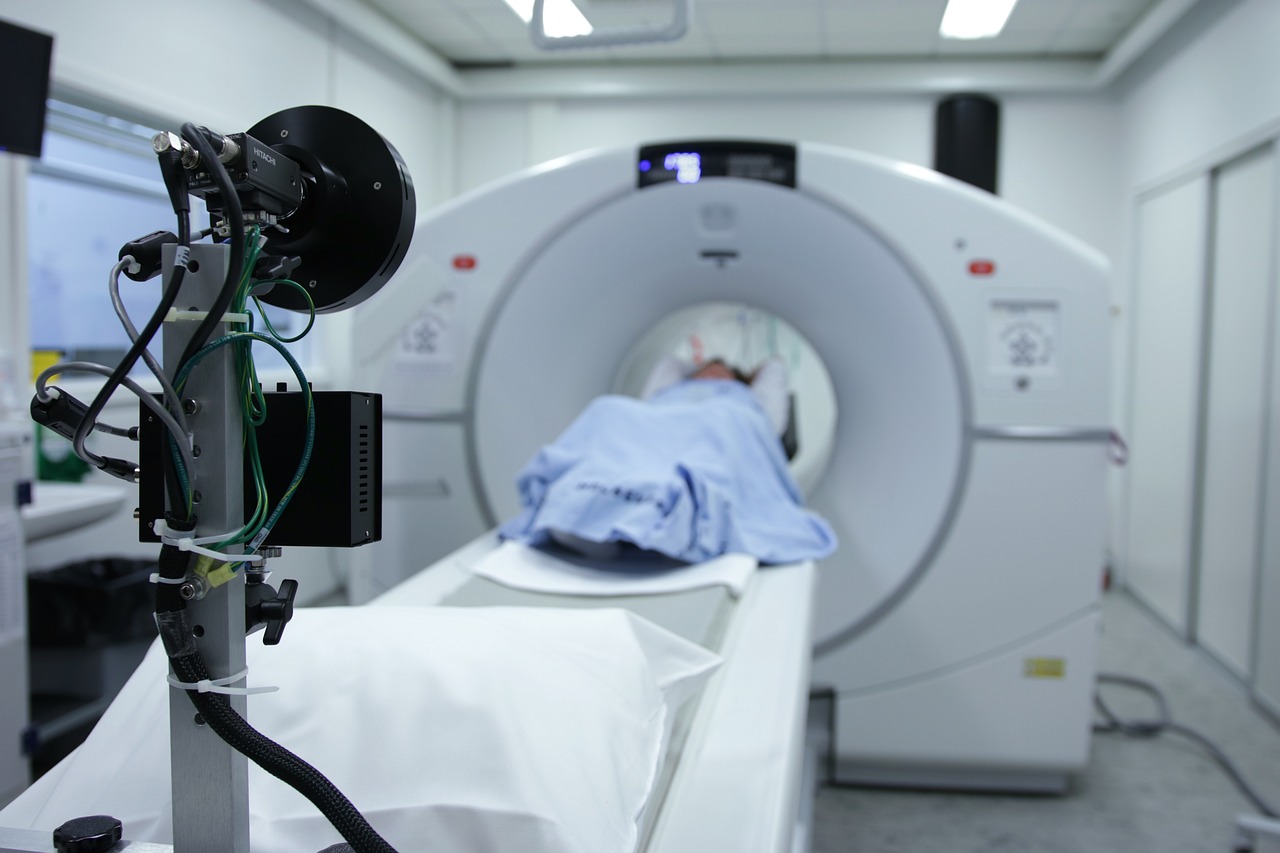
Patients sought private healthcare mainly for dermatology, gynecology, cardiology, and urology.Continue reading
It seems that the focus is officially shifting to prevention in the health sector, as the government’s new legislation introduces several health changes, such as a facial recognition access control system, Economx reports, citing the Hungarian Gazette.
The regulation published in the Hungarian Gazette also amends health insurance legislation, according to which from June 13, 2023 the screening tests available under health insurance will be extended to include colonoscopy and rectal examination, and the following targeted screening tests will become mandatory:
The aim is to detect serious diseases early, as early diagnosis significantly increases the chances of cure and reduces the cost of treatment.
The new rule, which will enter into force on January 1, 2025, will make these screening tests mandatory. If a person decides not to undergo the screening test, the public health administration will issue an immediately enforceable decision.
Balázs Rékassy, a health economist, spoke to the Economx about the effectiveness of the measure.
In Hungary, an urgent problem is that patients with serious and often advanced cancer are usually diagnosed very late, leading to a strain on the care system and increased healthcare costs,
Rékassy told the portal. Hungary is one of the worst OECD (Organization for Economic Co-operation and Development) countries in terms of regular screening, he noted.

Photo via Pixabay
He stressed that “for this reason, it is extremely useful to promote and encourage these screening tests.” Unfortunately, in the case of breast screening, only a fraction of the patients who are called for mammography go for it, and the frequent breakdown of mammography machines also reduces the proper action against breast cancer, he added.
There is a professional justification for making cervical, breast, colorectal screening and rectal examination compulsory, as the diseases detected by these tests, such as
breast cancer, cervical cancer, and colorectal cancer are the leading causes of death in Hungary, and early detection of these can certainly improve public health.
However, a significant proportion of women undergo cervical cancer screening in the private sector, therefore it is important that private practitioners are also involved in increasing the regularity of screening and should be channeled into the process. In addition, of course, screening should also be available to those who cannot afford to use private care.
However, in the absence of the necessary resources, waiting times would rise even higher, making it clear that private health care needs to cooperate to meet the needs of society, the expert pointed out. Although the state has limited power to regulate the private sector, private healthcare providers can be brought into the system through incentives and legislation. For example, if a private provider has a mammography machine or an endoscopy tower for a gastroenterology examination, their patients could benefit from the tests, with state funding.
Another emerging concern relates to the willingness of the public to attend. In this light, public education is essential to understand that enduring half an hour of unpleasant examination is much more worthwhile than going to the doctor later with a serious tumor. When it comes to enforcing compulsory screening, it is important that the state does not focus on coercion, but
encouraging the population through education, health education and health awareness programs.
Via Economx; Featured image via Facebook/Szűcs Dániel